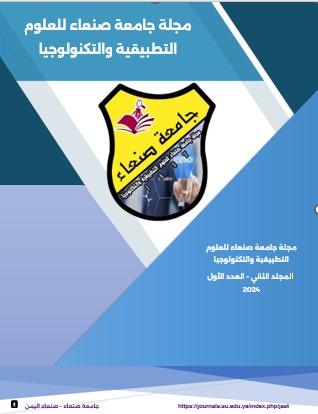Impact of Khat (Catha edulis) Chewing on Inflammatory Markers and Advanced Glycation End Products among Yemeni Women
محتوى المقالة الرئيسي
الملخص
Khat chewing has spread widely among women in Yemeni society. This modifiable lifestyle may increase the level of inflammatory markers and advanced glycation end productions (AGE, s). Limited data are available. There is limited data on the impact of khat chewing on inflammatory markers and AGE, s. Therefore, this project aimed to study the effect of khat chewing on inflammatory markers and AGE, s in Yemeni females. One hundred and eighty Yemeni females signed the consent form and donated blood 60 of them were non-khat chewers (control group), and 120 were daily khat chewers. The levels of high-sensitivity C-Reactive Protein (hs-CRP) and interleukin were higher in khat chewers than in non-Khat chewers. There were no differences in total white blood cells, neutrophils, and lymphocytes between khat chewer and non-Khat chewer females. The levels of (AGEs) were similar between khat chewers and non-khat chewers females (P=0.612). Analysis of covariantcet (ANCOVA) showed that khat chewing increased hs-CRP and interleukin-6 levels among khat chewers (p < 0.005; p < 0.034) compared to non-khat chewer. In conclusion, khat chewing increased hs-CRP, a cardiovascular risk prediction factor, and interleukin-6, which is associated with obesity, insulin resistance, and type 2 diabetes mellitus (T2DM). Therefore, women with continuous khat chewing are at a high risk of developing cardiovascular diseases and T2DM.
التنزيلات
تفاصيل المقالة

هذا العمل مرخص بموجب Creative Commons Attribution-NonCommercial-NoDerivatives 4.0 International License.

